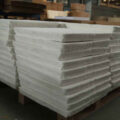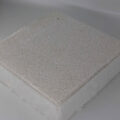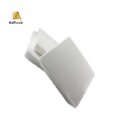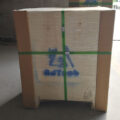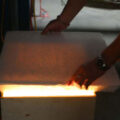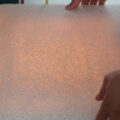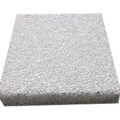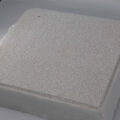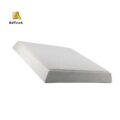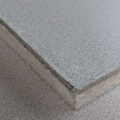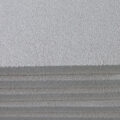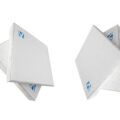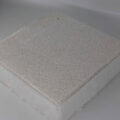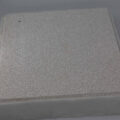Ceramic foam filter for metal filtration has been used for many years, it can improve the quality of castings and obtain high-quality aluminum die castings. The main function of the filter is to enable many users to remove foreign matter from molten metal.
In Europe, most ceramic foam filters are used to reduce inclusions in liquid aluminum alloys. These advanced ceramic foam filters for casting are lightweight, strong and have large pore sizes. The strainer has fewer holes per inch, higher possible flow rates, and longer blindness resistance.
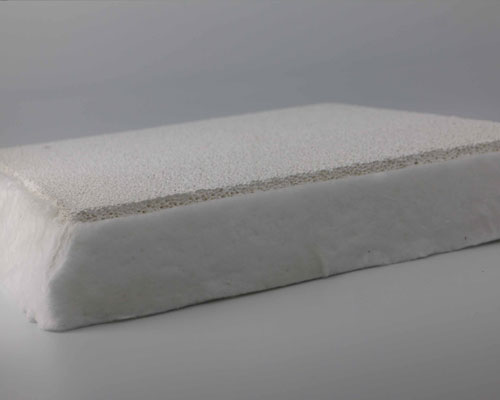
Cake filtration is the most common mechanism, where the filter acts as a sieve and retains particles larger than the pore size of the filter surface. These retained particles form a screen and capture particles smaller than the pore size of the filter. As the filter cake accumulates on the surface of the filter.
Once the filter cake begins to form, the original filter serves only as a support for the filter cake. And realized the actual filtration and melting of the filter cake. With the accumulation of filter cake, the pressure drop of the entire filter will increase, and the flow will decrease or stop sharply.
AdTech provides ceramic foam filters, which can effectively improve the mechanical properties of casting materials. By using filters to reduce the number of these inclusions, the number of parts that can nucleate these cracks can be reduced, thereby improving the mechanical properties of the two cast metals and reducing the spread of these properties.
The alumina ceramic foam filter has strong strength at ambient temperature and molten aluminum temperature, is durable, has high thermal conductivity, and is resistant to chemical corrosion. They can be used in aluminum gravity casting, die casting, low pressure and high-performance sand casting to remove inclusions.
The ceramic foam filter for metal filtration provides a practical and cost-effective filtering effect for foundries. It plays a role in improving surface quality, product performance, microstructure, and yield. Molten aluminum filters are widely used in the production of aluminum profiles, aluminum foils, and aluminum alloys.
The ceramic foam filter uses a three-dimensional network structure and uses organic foam cotton connected with pores as a carrier. It is immersed in a special ceramic slurry with thixotropy, and a special rolling process is adopted to make the ceramic slurry evenly coated on the skeleton of the carrier. After drying and curing, bake at high temperature.

